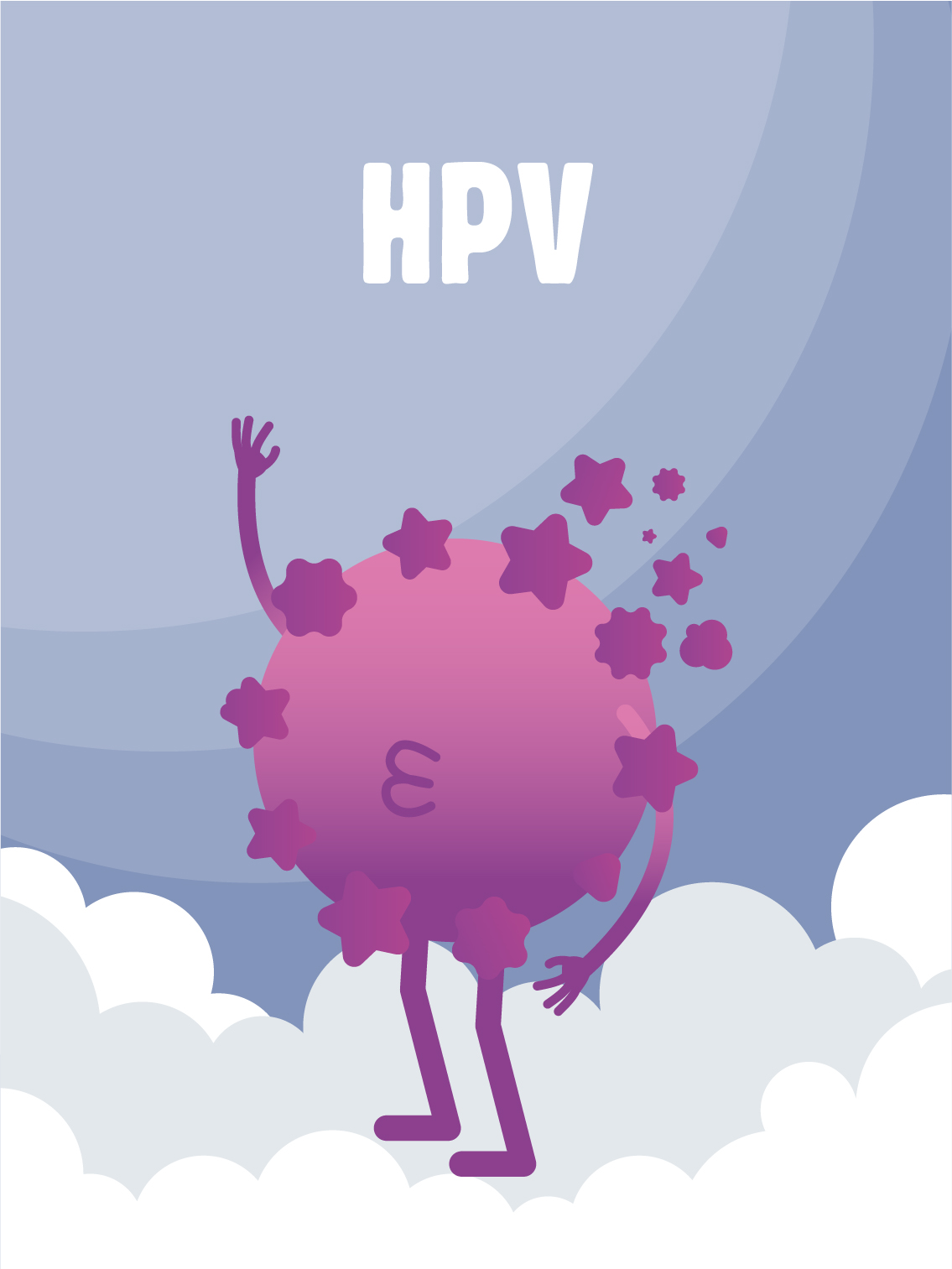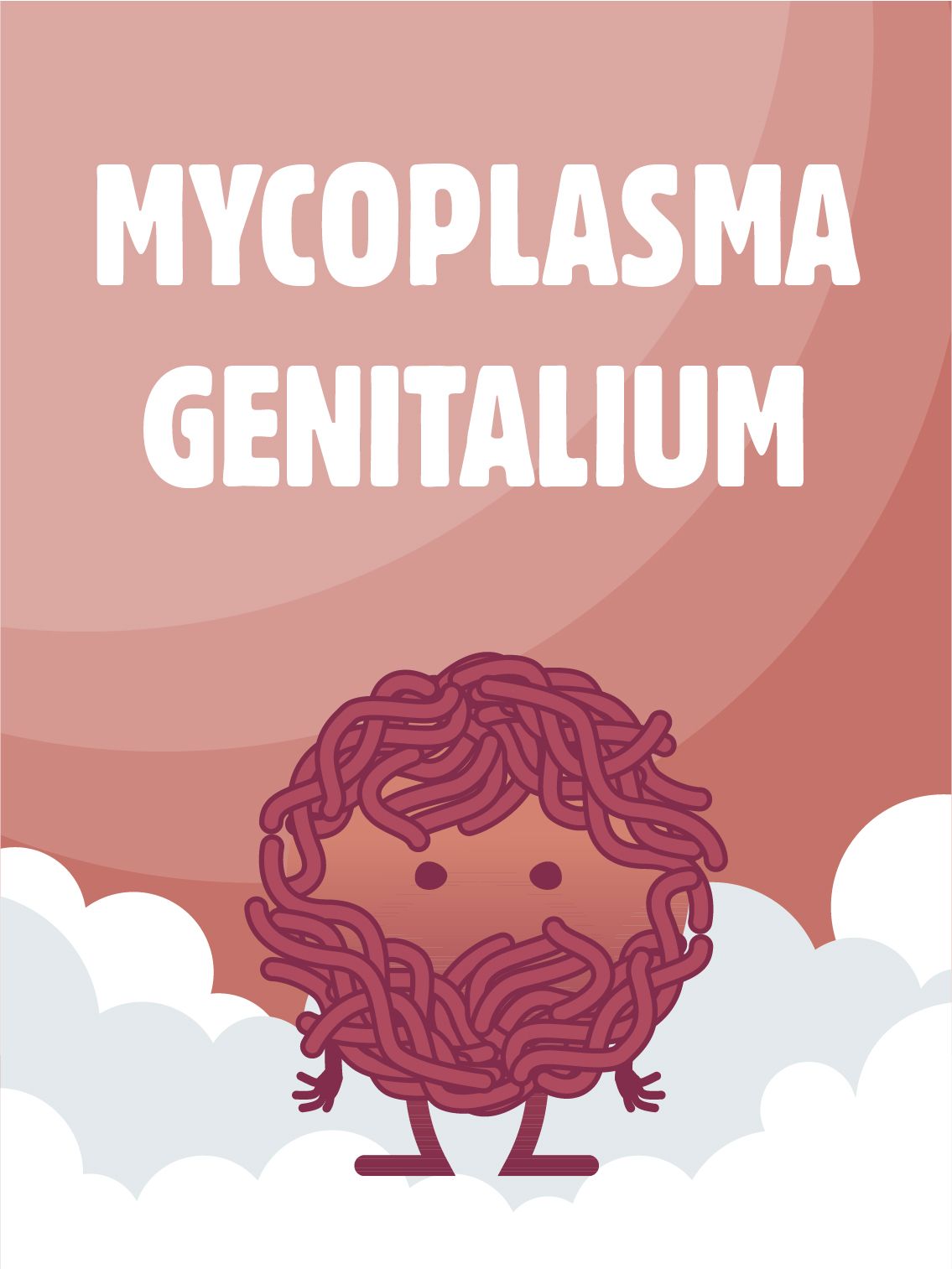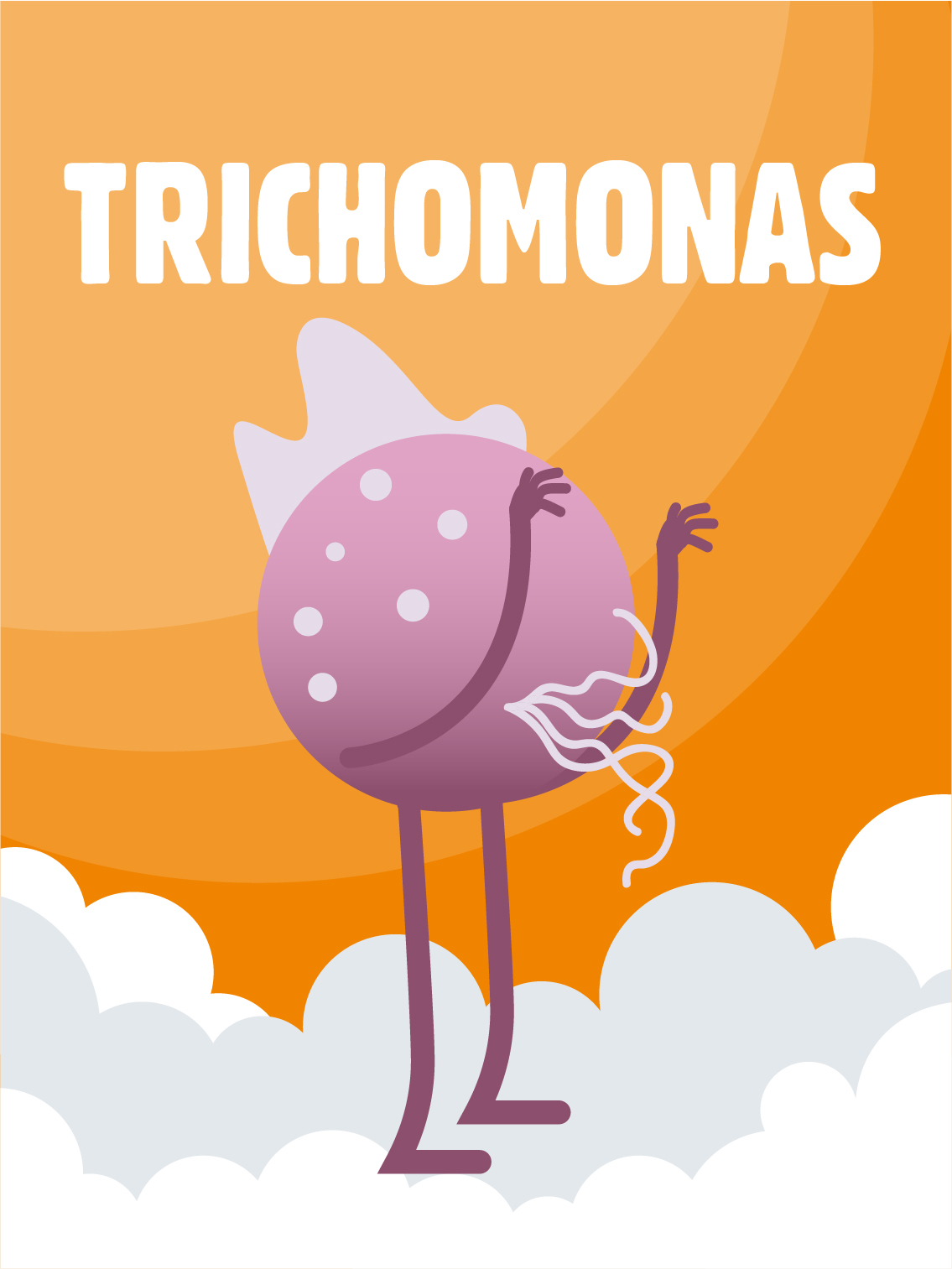HERPES

Herpes is an infection caused by the herpes simplex virus (HSV). There are 2 types of herpes simplex virus: herpes simplex virus type 1 (HSV-1), usually responsible for cold sores (on the mouth), also known as fever blisters, and herpes simplex virus type 2 (HSV-2), usually responsible for genital herpes. However, HSV-1 can sometimes be responsible for genital herpes.
Genital herpes is an infection from which there is no cure; you remain a carrier for life. However, treatment is available to reduce the duration and severity of symptoms.
Although highly contagious, genital herpes is generally transmitted during outbreaks, i.e. when symptoms are present. Transmission occurs through direct contact with the infected area (genitals, anus) of the infected person.
Genital herpes is generally symptom-free, but symptoms may appear 4 to 7 days after infection. The first appearance of symptoms may be more painful, more extensive and longer-lasting than subsequent ones.
These symptoms are :
- Painful genital and/or anal lesions;
- Itching ;
- Pain when urinating.
If left untreated, genital herpes can lead to very uncomfortable complications, with recurrences occurring more or less frequently, especially with fatigue or stress.
If the immune system of the person with herpes is weakened (by another disease, for example), the symptoms may be more severe and last longer.
Even if the lesions are not dangerous, herpes can have profound consequences on the intimate and sexual life of the carrier: stress, shame, embarrassment, etc., which can create tensions in relationships and disrupt daily life.
During a herpes outbreak, there is a greater risk of contracting HIV during intercourse.
Diagnosis of herpes is only possible in the case of outbreaks:
- Via a medical examination if lesions are apparent;
- More rarely, via a local swab/swab if lesions are apparent.
There is no cure for genital herpes: there is no definitive treatment!
There are, however, drugs available to reduce outbreaks, alleviate symptoms and reduce the risk of transmission.
To protect yourself from genital herpes, use an internal or external condom and a latex square.
Condoms (especially the internal condom, formerly known as the "female" condom) reduce the risk of exposure but do not offer complete protection.
Other STIs
Other infections
Sources
World Health Organization: WHO & World Health Organization: WHO. (2023, April 5). Herpes (Herpes simplex virus, HSV). https://www.who.int/fr/news-room/fact-sheets/detail/herpes-simplex-virus
Kaye, K. M. (2023, November 30). Genital herpes. MSD Manuals for the General Public. https://www.msdmanuals.com/fr/accueil/infections/infections-%C3%A0-herp%C3%A8svirus/herp%C3%A8s-g%C3%A9nital
Genital herpes. (s. d.). sciensano.be. https://www.sciensano.be/fr/sujets-sante/herpes-genital
















